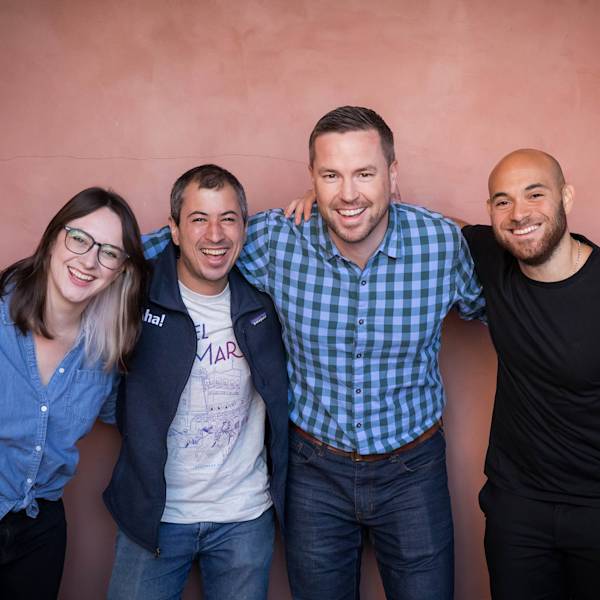
6 Questions With Wade Haviland, Process Architect
We have the best job in the world — we build products for product builders. And we are connected with people you should know. These are the folks who are rethinking what is possible to help their customers and teams achieve more. So we are asking these exceptional Aha! customers to share their knowledge with you.
Wade Haviland is a staff process architect at Intuit. Based in San Diego, California, he has over 15 years of experience across automation, data management, and application design, support, and implementation. In his role, Wade is a champion of efficiency — he is always looking for ways to free people up to focus on creative and strategic work.
Wade is a fierce advocate of automation and tools like Aha! that support his mission of making life easier for others. He supports internal teams at Intuit and external customer services by using Aha! software to automate repetitive processes that leverage structured data.
Outside of work, Wade can be found playing sports and traveling with his family, cooking delicious meals, and listening to music — he is a proud playlist producer.
How would you describe your current role in 15 words or less?
"I am an Intuit Automation Center of Excellence Staff Process Architect devoted to expanding strategic work."
What is the most important skill for a process architect and why?
"Listening. Every team member has a story to tell. In this role, your goal is to understand the processes and systems that each team relies on — then find ways to automate. That way new stories can be told."
Which cross-functional teams do you work with most closely?
"The Intuit Automation Center of Excellence is part of the finance team. I work predominantly with our customer success, risk management, and quote-to-cash teams — but I have worked with a total of 17 groups (and that number is growing). All of our teams deserve automation and I am devoted to delivering it to them."
What kinds of work challenges are the most satisfying for you to solve?
"I enjoy finding ways to automate any repetitive, manual tasks so that our team members can devote more brain power to their strategic work. This involves automating the collection of daily reports, opening applications, distributing data to multiple destinations, and sending notifications to advance deliverables. I also love predictive analytics and recently started exploring solutions to advance our virtual workplace."
How do you see your role (and those like it) changing in the next few years?
"Being a process architect means accounting for everything that makes a developer successful. Within the next few years, this role will be about automating project assessment, filling the 'automation toolbox' and preventing frequently encountered gaps in the development workflow. I am excited to help create applications to streamline this experience and I feel this will be revolutionary for any teams advancing their automation initiatives."
What will change most about managing products by 2030?
"The power of things like AI, cryptocurrencies, metaverses, and virtual reality will grow — but I feel there is no substitute for in-person human interaction, or at least the illusion of it (think virtual assistant technology). I think team collaboration will continue to evolve from tools like whiteboards to holograms and motion capture. I am especially excited about products like these that can generate immediate concept renderings via 3D printing or software code.
Voice command will be a part of this experience, too. The more hands-off a product is — the more it will resonate with future generations."
Build products like you always wanted. See for yourself — start a free 30-day trial.
